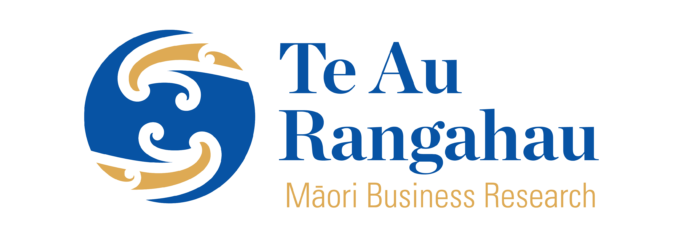Director
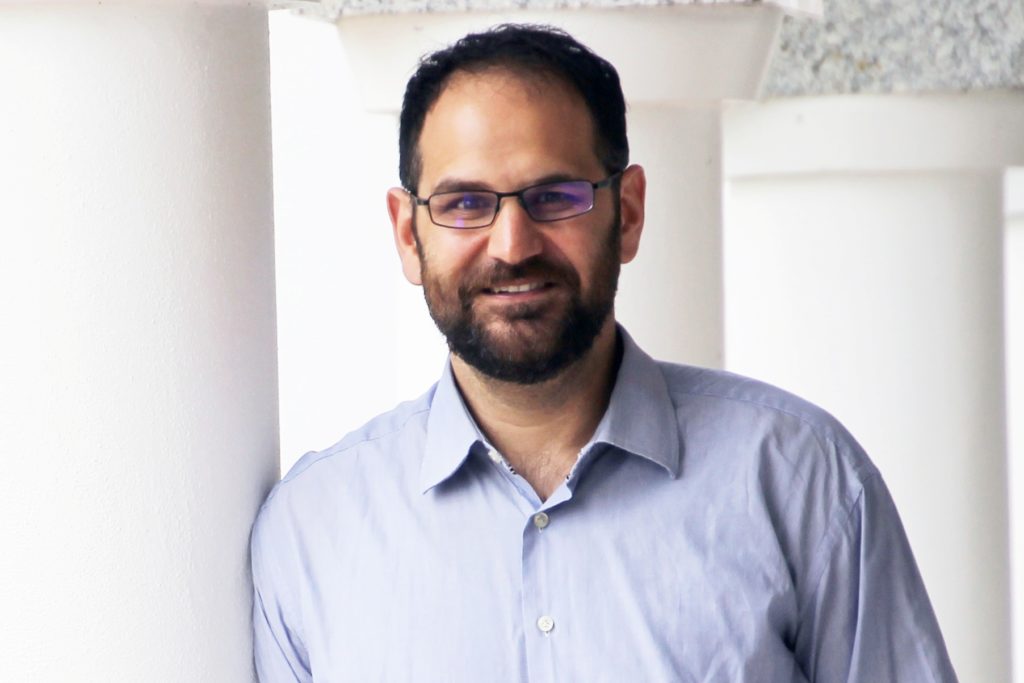
Te Atiawa, Ngāti Tama
Applied economist and social science researcher
Professor, School of Economics & Finance
Meet Matt
Research officers
Georgia McLellan
Whakatōhea, Ngāi Te Rangi, Ngai Tamahaua
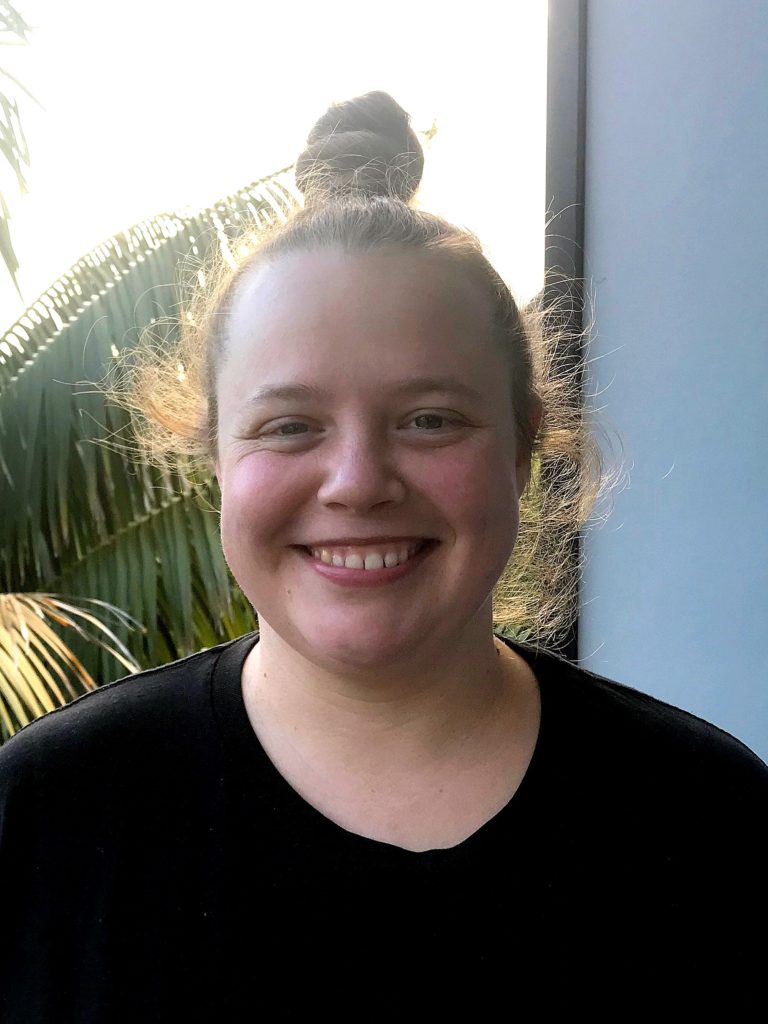
My research is focused on Māori food economies. I am currently completing my PhD on Māori kuku (green-lipped) mussel economies where I am trying to understand how kuku have been economized, how these economies have shifted over time and how they encompass customary considerations, local livelihoods and a major high-value export industry.
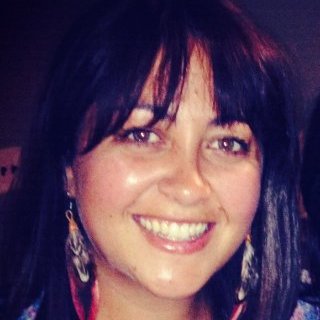
Michelle Anderson
Ngati Awa, Te Aitanga a Mahaki & Nga Puhi
I have recently returned to Aotearoa after 14 years overseas living in the Middle East and Asia.
My career during this time focused on academic teaching at various Kuwait universities and consultancy work. Most recently I was working in international policy and economic development for an inter-governmental treaty organization headquartered in Seoul.
With my kete of knowledge filled with career experiences, cultural experiences, exposure to leadership and practices, I’m now in Aotearoa with the goal to utilise this knowledge in a career that is focused on Māori economic and social development.
I am pleased to be welcomed into Te Au Rangahau as a Junior Researcher. My research interests include; positive organizational scholarship, cross-cultural indigenous studies, collectivism and mātauranga Māori.
Te Au Rangahau team
Muharram Azizova
Centre administrator
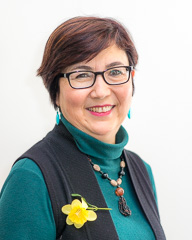
Muharram has more than 20 years’ experience as an administrative professional, and she has been at Massey University since 2006. She most enjoys helping others in her work.
She is originally from Uzbekistan and has lived in New Zealand since 1996. Her hobbies include reading, walking and dancing.
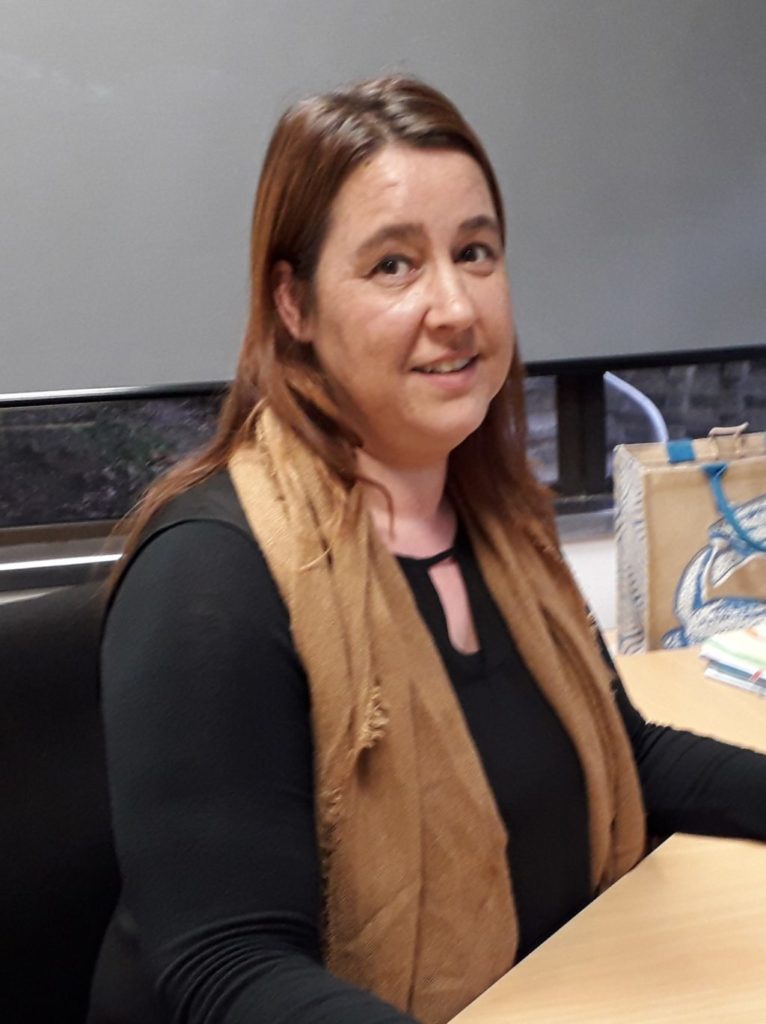
Dianne ten Have
Finance administrator
Dianne provides financial reporting and budget advice to our research project leaders. She immigrated to New Zealand from the Netherlands in in 2005 and has been working at Massey University since 2006.
She enjoys the team environment within Te Au Rangahau and the variety of contracts. Outside of work, she enjoys shopping, reading and catching up with friends.
Bonnie Boyed
Ngāti Kahu ki Whangaroa, Ngāpuhi, Waitaha, Te Arawa
Student Intern | Studying a Bachelor of Communications | Majoring in Communication Management | Minoring in Expressive Arts.
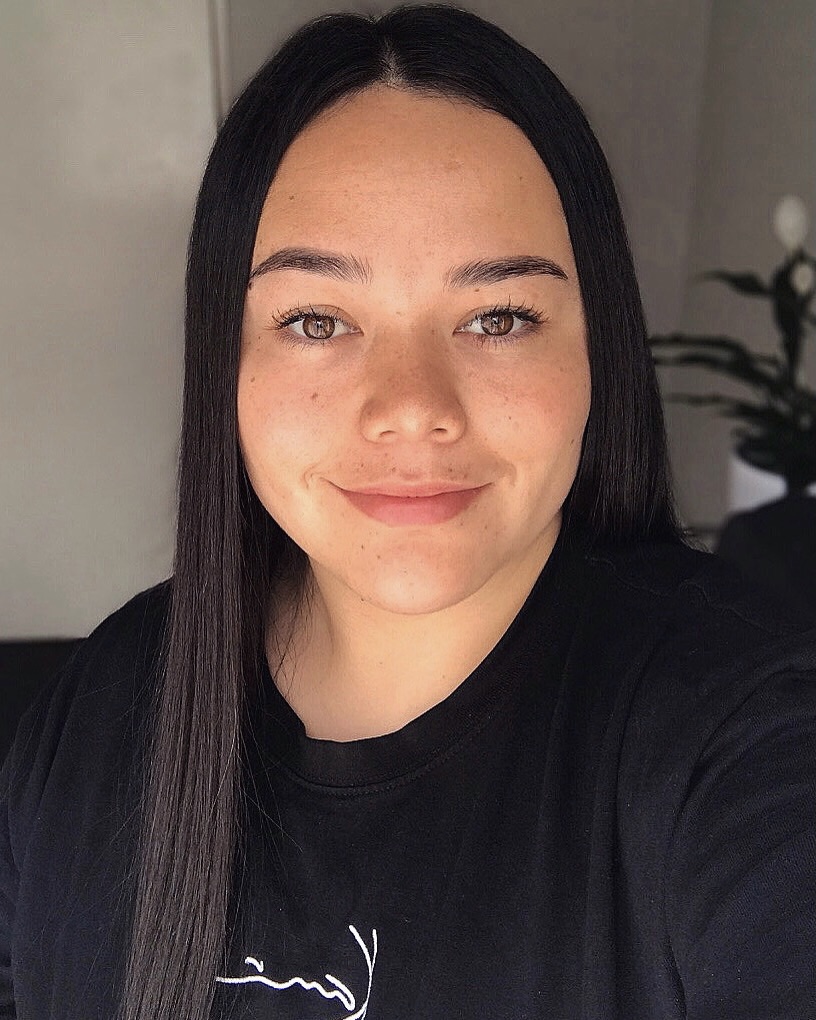
I feel beyond privileged to be collaborating with Te Au Rangahau as the organisation’s first student intern.
Born and raised surrounded by tikanga Māori, I was drawn to Te Au Rangahau because a lot of the organisations’ values and goals align with those of my own.
Communications is the field in which I am passionate about pursuing a career, as my main aspiration’s in life are; to be a voice for those who do not have one and to inspire Māori youth to pursue their passion.
The knowledge, opportunities and support Te Au Rangahau offers deserves more recognition and, through my expertise in communications, I will be able to contribute to their goal of interconnecting te ao Māori with the business world.
I value Māori entrepreneurism and innovation as my whānau back home have recently commenced their own Māori owned and operated oyster farming business called ‘Te Puna Inlet Oysters’.
Te Au Rangahau Associate
Prof Jason Paul Mika
Tūhoe, Ngāti Awa, Whakatōhea, Ngāti Kahungunu
Indigenous entrepreneurship researcher
Professor of Māori Business, Auckland University
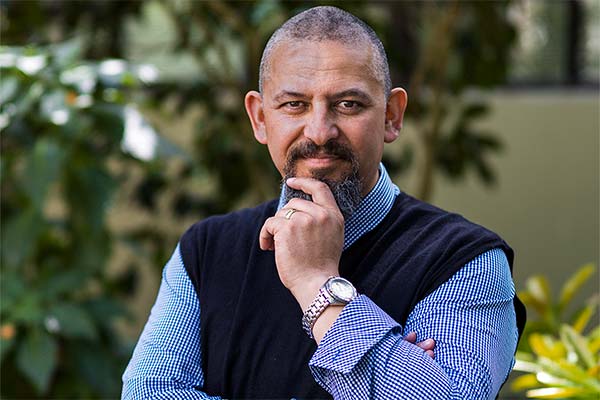
Te Rangiwhenua academic staff
Te Au Rangahau represents Māori business academics across Massey Business School whose research aligns with our mission to advance knowledge to benefit Māori economy, business and leadership.
Farah Palmer
Waikato; Ngāti Maniapoto
Senior Lecturer, School of Management
Associate Dean Māori, Massey Business School
Former Te Au Rangahau Director
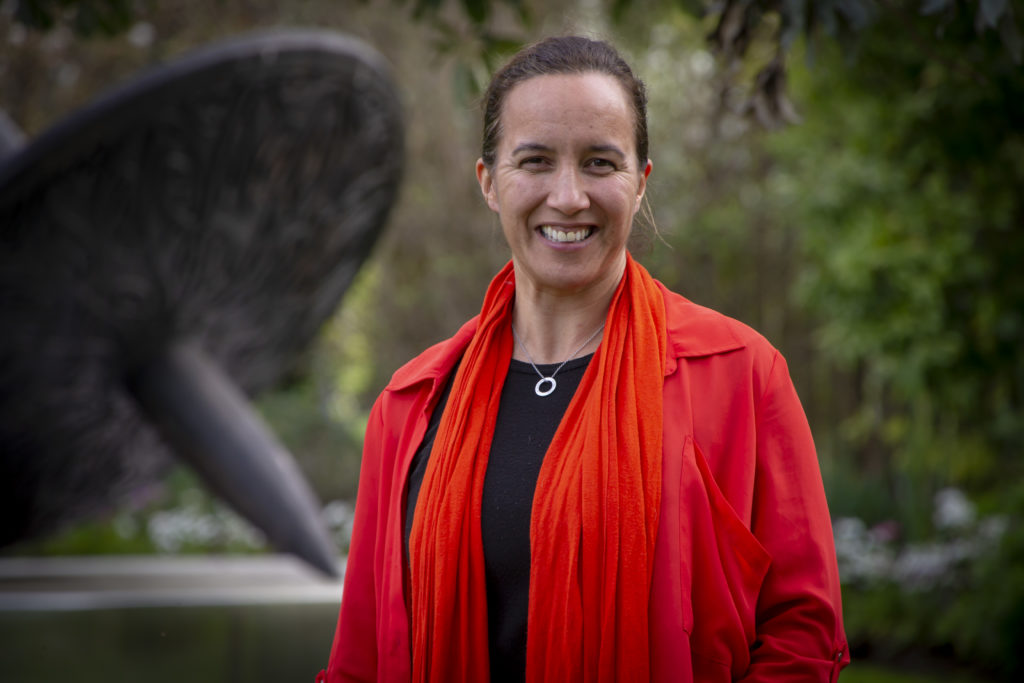
Farah’s former career as a professional sportsperson sparked her interest in research that examines race, gender and leadership issues in sport management.
Her research through the Resilient Legacies Project with Nga Pae o te Māramatanga on Manawa te taonga tuku iho – in rugby examines how Māori taonga that have been passed on through the generations are incorporated into rugby.
Her published work includes elite Māori athletes and their cultural identities in sport; the leadership and organisational culture of the All Blacks, Black Ferns, and Māori All Blacks; Māori women’s experiences in sport management; and the involvement of mothers in elite sport as leaders and athletes.
She is the Māori representative of the NZ Rugby Board (since 2016) and Chair of the NZ Māori Rugby Board, a member of Sport NZ (since 2018), a member of the NZ Universities Women in Leadership Steering Committee, a Mentor for the Tania Dalton Foundation, and a Te Aho Tāmaka leader for Central Economic Development Agency (CEDA) in the Manawatū.
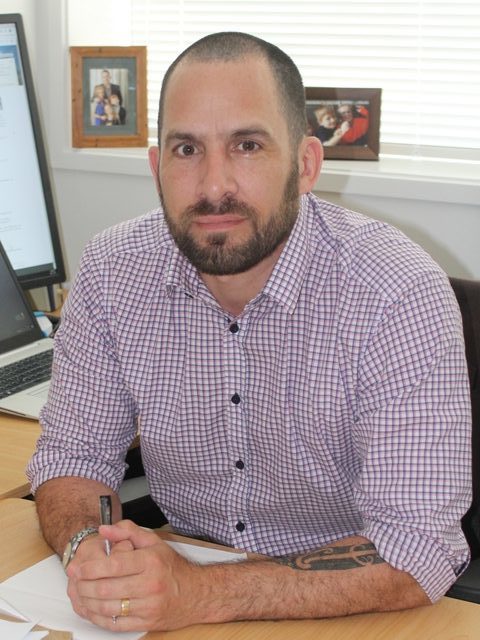
John Murrie
Ngāti Kahungunu Te Wairoa
Senior Tutor, School of Aviation
John started with Massey University in 2002 teaching Human Resource Management and Employment Relations. He is a former commercial pilot and returned to aviation in 2006 when he took up an academic position with the Massey University School of Aviation, where he teaches courses in Aviation management and Commercial Pilot Licence (CPL) and the Airline Transport Pilot Licence (ATPL) Aviation Meteorology.
His published research to date has examined collective bargaining, trade unions and employer attitudes to collectivism in New Zealand. More recently his research has focused on the airline pilot career pathway and the career decisions of student pilots. Outside of academia, when he’s not busy with his three children, John spends his time focused on cricket and pursuing that elusive TaeKwon-Do Black Belt.
Ngā Hau (Christine) Elers
E rere ana aku mihi ki te tī, ki tā. Nō Ngāti Kauwhata ahau. He tātai whakapapa hoki ōku ki Ngāti Hauā, Ngāti Maniapoto, Ngāti Kahungunu ki Wairarapa, Ngai Tahu
Junior Researcher, Center for Culture-Centered Approach to Research and Evaluation (CARE), School of Communication, Journalism and Marketing
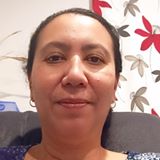
Tēnā koutou katoa. I am working towards a PhD in Communication, called Theorising Māori health communication: Voices from the margins. The culture-centered approach (CCA) seeks to co-create communicative spaces for listening to the voices swept to the margins of society and whose voices are not typically heard or honoured by the bourgeoise and governmental structures. In this way, the CCA inverts hegemonic theoretical formations of communication, centering marginalised communities as the experts of their own realities and challenging the production of knowledge for whānau, hapū, iwi and communities.
I am honoured to collaborate with Te Au Rangahau where whānau, hapū, iwi and communities co-create solutions, often disrupting mainstream narratives and structural dominance.
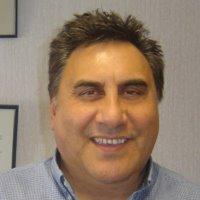
Savern Reweti
Ngāti Tūwharetoa
Senior Lecturer, School of Aviation
Savern is a former Royal New Zealand Air Force officer whose PhD research has made flight simulator training and safety training more affordable and accessible.
He has designed and developed several low-cost flight simulators over the past decade, including for the Royal New Zealand Air Force, New Zealand Army, Auckland Rescue Helicopter Trust and Massey’s School of Aviation in Manawatū.
He says it is gratifying knowing his work helps the NZ aviation industry with general aviation training and safety procedures. He also encourages and mentors young Māori to learn how to fly, and become commercial pilots in Aotearoa.
Dr Reweti is currently involved in the Incredible Skies Joint Research Project with Paua Interface Ltd. This project is developing the safe delivery of medicines by Unmanned Aerial Vehicles (UAVs) to remote Māori communities in the Hokianga Harbour.
Okupu and Te Manga Paho is another exciting joint research project he is involved in with Waihiko Ltd, which involves developing an app for Te Reo translation including dialects. The second phase involves the development of additional software to provide naturalised speech analysis of Te Reo. This will not only accelerate Te Reo learning but the software technology can be easily transferred to assist with translation services of any language.
Shirley Barnett
Ngāti Tūwharetoa
Lecturer, School of Management
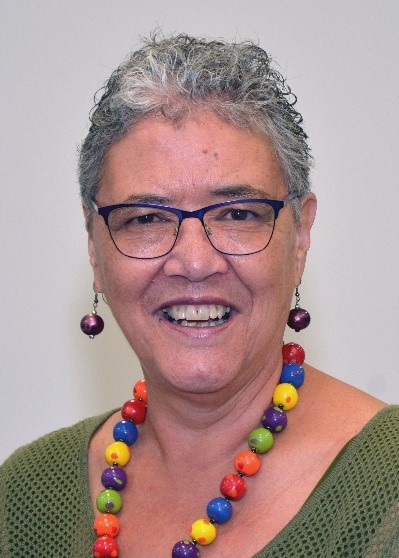
Shirley teaches organisational behaviour, equity and diversity in the workplace and contributes to leadership and teamwork courses.
Her research interests are focused on diversity in organisations, specifically Māori women. She also works with Te Rau Aukaha – supporting Māori students enrolled in the business courses at Massey.
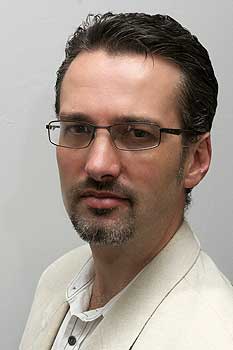
Brendan Moyle
Ngāti Kahungunu ki Heretaunga
Senior Lecturer, School of Economics and Finance
Brendan is a wildlife economist and conservationist whose research uses economics to help understand wildlife trade. His work has taken him to China to investigate the illegal trade of ivory and tiger products, and his findings have been used by Chinese wildlife authorities.
With joint qualifications in economics and zoology, Brendan’s skillset allows him to approach wildlife issues from a unique perspective. Ultimately, his goal is to find a solution that is going to increase animal numbers in the wild.
Photography is another passion of Brendan’s and he will commonly be found with-camera during fieldwork, taking photos when he gets the chance. Many of the seascape, waterfall and wildlife images featured across this site are Brendan’s work.
“I think we all feel some kinship to something – an ancestral river or coast or the like. For me, it’s the forests. Forests really connect me to the land, it’s where I feel most at home.”
Take a look at his website to see more.
Graduates and Alumni
Whakapōtae | Current graduates
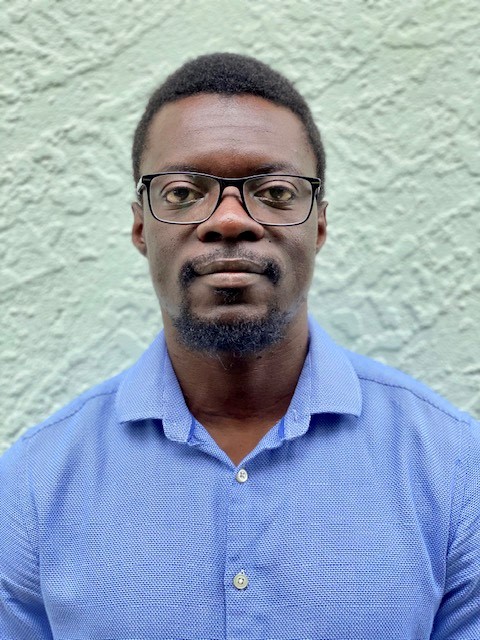
Admiral Manganda
PhD student
With a focus on understanding the decision-making strategies used by indigenous entrepreneurs to succeed in the 21st century, Admiral is examining how these business owners determine their preferred mix of culture and innovation in their businesses.
Through interviews and surveys of indigenous businesses across Australasia, this study may assist in broadening understanding the experiences of indigenous entrepreneur in different nations.
Admiral is also exploring traditional cultural practices in modern business environments, with a special focus on the Māori culture of New Zealand.
He holds a bachelor’s degree in Business Analysis (BBA-Fin) and a Master of Management Studies (MMS) from Waikato University.
Kowhai Dalton
Ngāpuhi, Ngāti Kahu ki Whaingaroa
Masters student
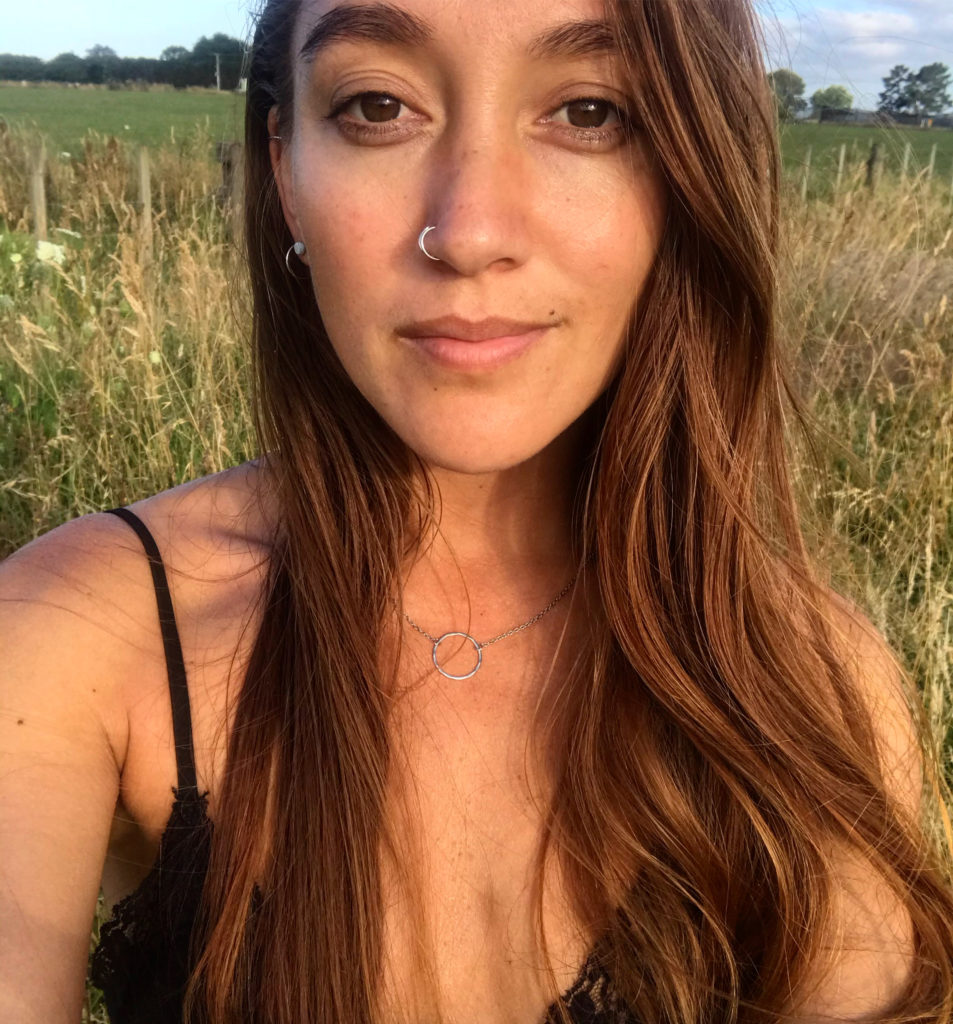
Kowhai is interested in applied indigenous development methodologies, Her core focus is using Māori development to increase opportunities for matauranga Māori.
Her BA. Hons research with Te Pūtahi-a-Toi looked at māramatanga as a pathway for the reclamation of mana as a means to address inequalities experienced by Māori. Kowhai’s Masters research focuses on the economic trade offs made by specialised Māori contractors in isolated, disparate communities in Hokianga.
She is a devoted yoga practitioner and studies primarily via distance to maintain a flexible home/work/study balance in Te Tai Tokerau.
Through my research, I am interested in asking “What is the Māori economy?” and exploring diverse framings of the Māori economy where it is measured, managed and enacted in a way that will create true benefits for Māori.
Outside of work I enjoy spending time with friends and whānau, attending concerts and music festivals, playing football and watching cricket.
